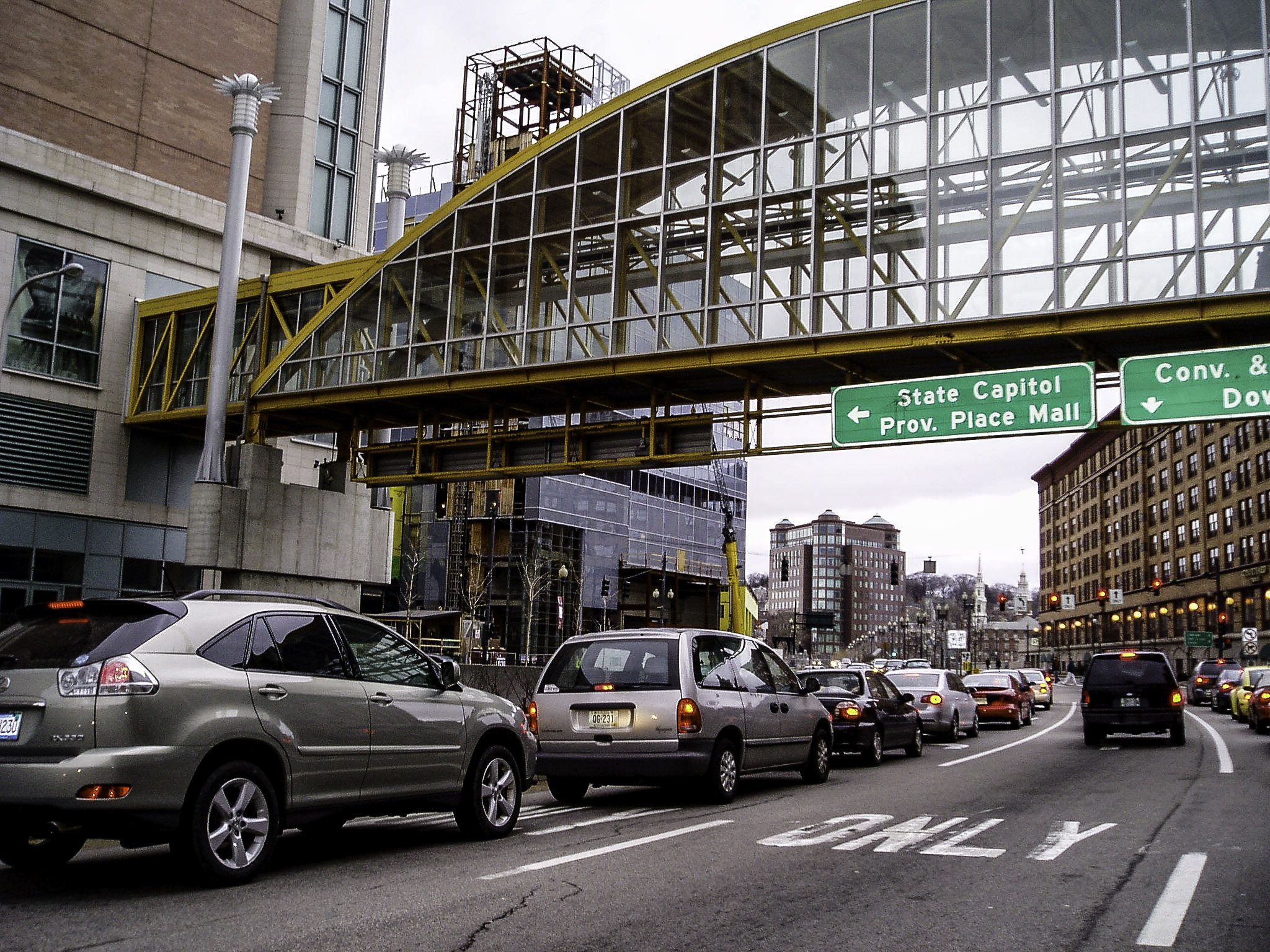
Rhode Island Governor Pushes To Change State Name
Rhode Island recently joined the list of places, products, and streets that are discussing changing its name after people realized the racial, historical context attached to them.
According to WPRI, on Monday Gov. Gina Raimondo signed an executive order removing part of the state’s name. The official name is “The State of Rhode Island and Providence Plantations” and Gov. Raimondo wants to shorten it to “The State of Rhode Island”.
The name was originally “Colony of Rhode Island and Providence Plantations” granted by King Charles II of England in 1663, as mentioned on the state’s website. After the American Revolution, the only thing that has changed about the name is that it’s no longer a colony, but a state. Centuries later, it still includes “plantations” in the official state name.
This isn’t the first time that that state’s name caused controversy between Rhode Islanders. Gina Macris, with The Providence Journal, wrote an article in 2010 after the majority of Rhode Island voted to keep the name. They felt that since the term was used by Roger Williams, founder of the former colony, as a synonym for “settlement,” it wouldn’t be fair to correlate it to slavery. However, Rhode Island had the most slaves per capita in the entire New England region, according to the John Carter Brown Library. Rhode Island evidently has a historical correlation with slavery.
The result of the voting was 78% to 22%. In the same year as the voting, only 5.7% of the state’s population was Black or African American compared to the 81.4% of those that were white, as measured by the U.S. Census Bureau. Majority of the state doesn’t understand the personal trauma of the connotation surrounding the word that the black population feels.
Now with the issue gaining awareness again, there are people asking, “Why did it take them so long?” Without a large presence of Black Americans voicing their cultural relation to the word, considering the centuries where the Black population were slaves working on plantations, it makes it hard for change to happen. Nonetheless, there’s now the push of the state’s governor for change to happen.


